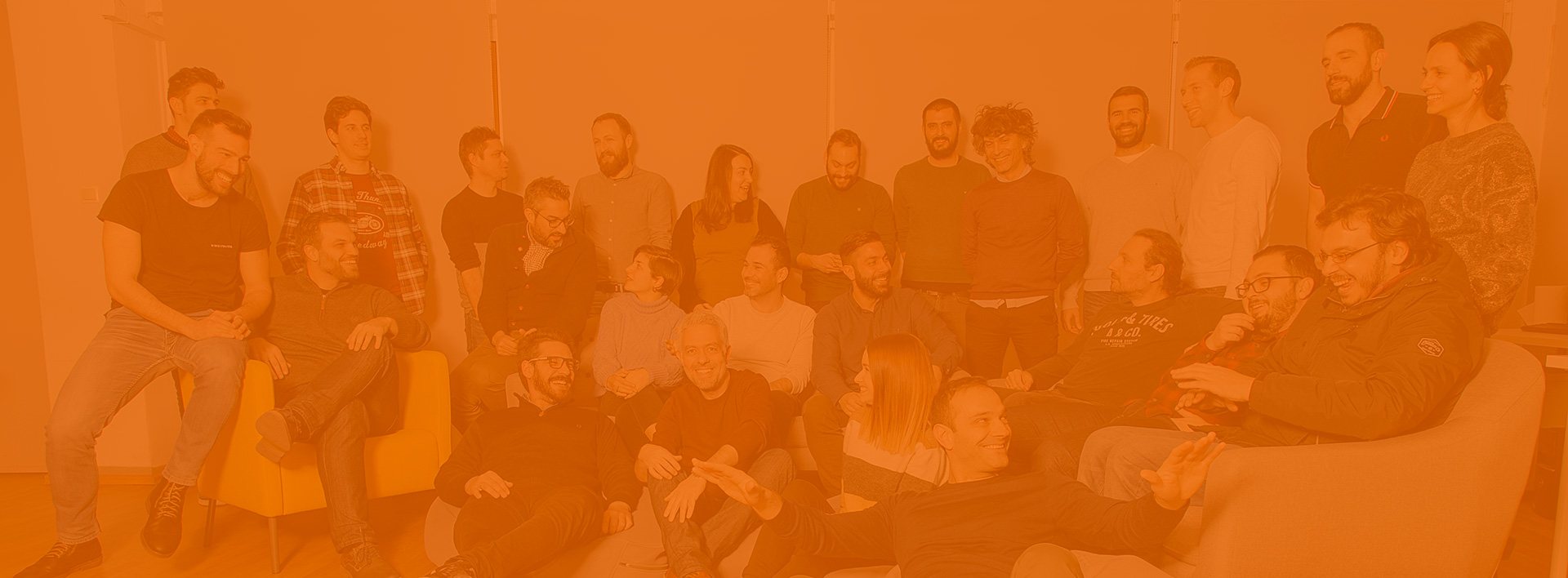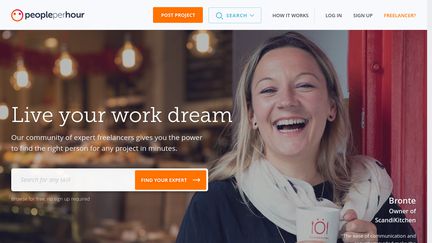

Depending on the payout option you choose, you may also be charged a withdrawal fee.

For customers that you’ve billed less than $350, you’ll pay a 20% fee. PeoplePerHour seller fees are based on how much you’ve billed a buyer in total. Once payments are processed, bank transfer speeds vary from within 24 hours to up to 7 working days depending on location. Over £6,000 (or equivalent if converted) = 3 day clearing period. Between £2,000 and £6,000 (or equivalent if converted) = 7 day clearing period. Clearing periods are based on your total paid invoices in the last 2 calendar months.

Payment speed is based on your clearing period and payment method. Payouts typically take 3-21 days to be sent out. Once you have at least $23 in your earnings balance, you can cash out via Direct Deposit, Payoneer or PayPal. Next, they can either view and apply to buyer-posted projects (all users get 15 free proposal credits per month) or they can offer repeat services on the “offers” area of PeoplePerHour (similar to Fiverr).

Once approved, they'll be able to set up and customize their profile by listing prior experience, skills, a photo, and a personal description. Here's how PeoplePerHour works for each of those user types: For Freelancersįreelancers can start by signing up and submitting an application for approval. There are 2 types of users on PeoplePerHour: Freelancers and Clients. Freelancers looking for work will have to access the site via web browser. Forty percent plan to continue freelancing full-time while nearly a fifth said they will return to employment and continue freelancing at the same time.Note: The PeoplePerHour app is for hiring only. PeoplePerHour’s research also found that 10% of freelancer registrations over the past 12 months were as a side hustle after being furloughed as a result of Covid.įurther, 97% of those who started freelancing said they plan to continue freelancing in some form after the pandemic. “Many have clearly seen the financial and life-changing benefits that this workstyle brings and plan to either switch permanently or incorporate it as part of the full-time work where possible.” “The flexibility that freelancing affords is undoubtedly why, at a time when our lives have been stretched in all directions, people find both success and security in working this way,” Thrasyvoulou said. “There’s no doubt that 2020 has seen a marked shift change in how we all work,” said Xenios Thrasyvoulou, founder of PeoplePerHour. The London-based company surveyed 1,000 freelancers and found that one in four who started working in the past 12 months said they began freelancing because of a Covid-related loss of employment. Online staffing platform PeoplePerHour reported in a blog post that freelancer registrations were up 63% year over year since the start of the pandemic to a total of 1.5 million.


 0 kommentar(er)
0 kommentar(er)
